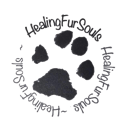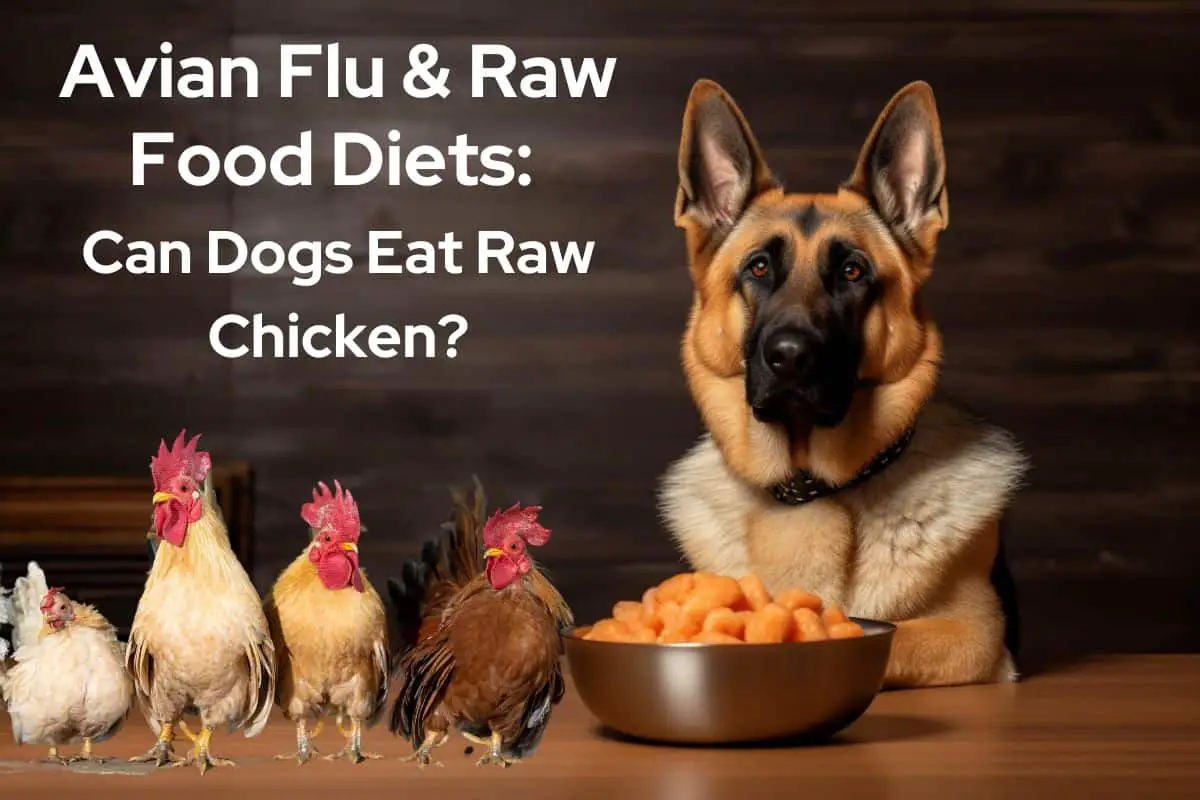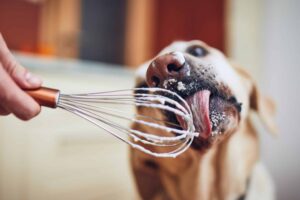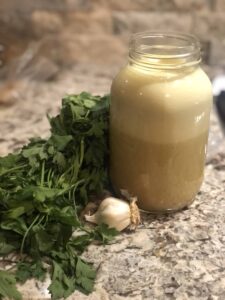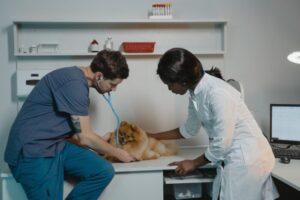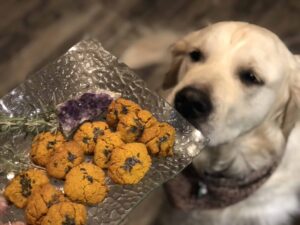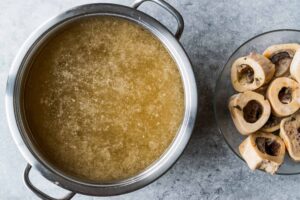Avian Flu & Raw Food Diets:
Can Dogs Eat Raw Chicken?
Avian flu is a growing concern among poultry producers and health organizations. Recent warnings advise pet parents not to feed dogs raw poultry, but what about raw food diets that include chicken, turkey and duck? Ensure raw poultry is human grade, certified and support your dog’s immunity to resist viruses.
We recently received a warning from a local veterinarian telling pet parents not to feed dogs raw poultry due to concerns about avian flu. Since our dogs have been thriving on raw food (including chicken, turkey and duck) for decades, we were puzzled as to why vets and some health officials are suddenly warning pet parents off a normally healthy source of protein.
Since this warning was provided without context to dogs on a raw food diet, we set out to give our readers the most accurate, helpful information amidst growing concerns about avian flu.
Our holistic pet experts at Healing Fur Souls reviewed the research and spoke with a popular raw dog food manufacturer about the real risk of avian flu in raw poultry dog food products. Here’s what we found.
What is Avian Flu?
Avian Flu also known as H151, is not new. It’s a common, naturally occurring virus among wild and domestic birds like chickens, guinea fowl, turkeys ducks, geese and loons. First isolated in 1959, the avian flu virus was detected in South Chinese waterfowl in 1996. The avian virus has several subtypes and is prevalent among numerous species of birds. Birds that are infected with this virus may or may not show signs of illness.
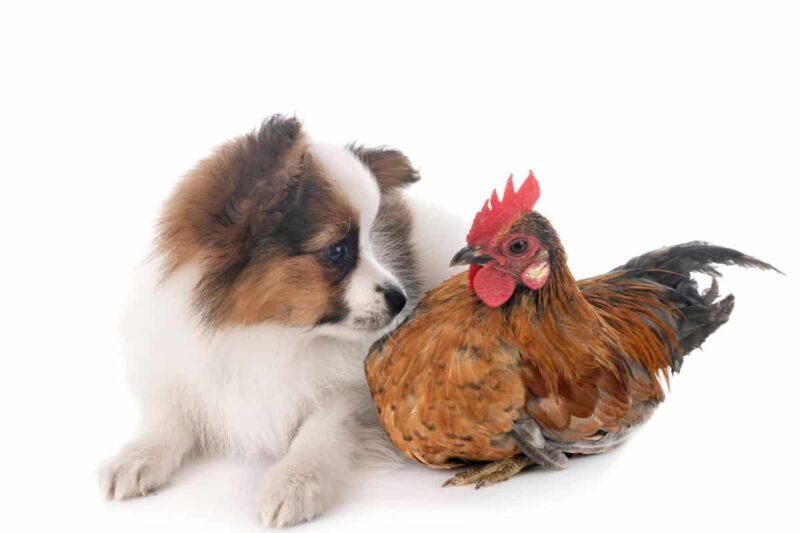
In its most severe cases though, birds that succumb to an avian virus typically become ill quickly and can die within 48 hours.
Is the Avian Flu Virus Serious?
There are several strains of avian flu and most cause no harm to poultry, other animals or humans. However, some strains (called Highly Pathogenic Avian Flu) are highly contagious among poultry and can be fatal to entire flocks.
Most wild birds don’t get sick from the avian flu virus but can still carry it.
Can My Dog Get Avian Flu?
At this time, the likelihood of a dog contracting a highly pathogenic form of avian flu is extremely rare.
Individual Cases
In a recent case reported in Canada (April 2023), a necropsy confirmed that the dog was exposed to the virus and had a respiratory illness, but has not yet determined that the cause of death was directly related to avian flu. It is unclear whether the dog was immunocompromised or ill before nibbling on an infected goose.
In an earlier case reported during a 2004 outbreak in Thailand, a young dog developed fever, panting and lethargy 5 days after ingesting a duck infected with a highly pathogenic strain of avian flu, and later died.
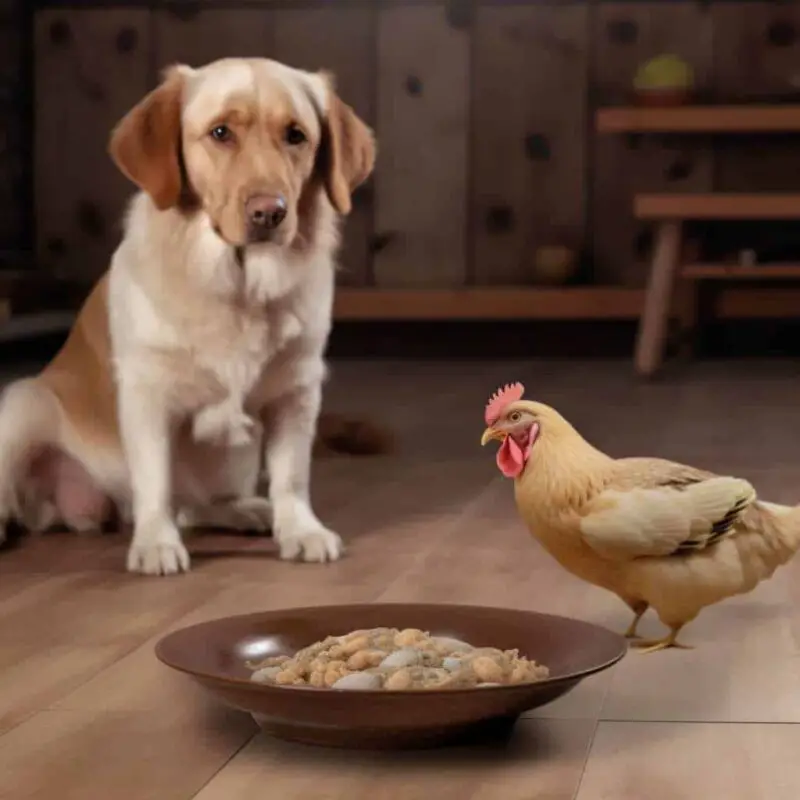
How is Avian Flu Spread to Dogs?
The avian virus does not readily cross over to other animals or humans, however with highly contagious strains, it is possible that dogs that eat infected birds or their feces can potentially be at risk.
Infectious Body Fluids
Infected birds can harbour the avian virus in their nasal secretions, saliva and feces (droppings). It’s not completely clear how long the virus can survive in bird feces, but it’s believed to survive longer in colder climates.
In warm climates (75 degrees F or 24 degrees C), the virus is believed to survive in bird feces for up to four days, but loses its infectiousness rapidly. In very warm climates, the virus becomes inactive within 24 hours. Some studies claim to find evidence of the virus in bird feces for up to 8 weeks in colder weather (39 degrees F or 4 degrees C). Other reports claim that sunlight can inactivate the H5N1 virus in as little as half an hour, but researchers cannot agree or confirm this.
Airborne Transmission
Most sources suggest the virus is transmitted primarily through body fluids and potentially through contact with contaminated surfaces. Some studies suggest that highly pathogenic forms of the virus might be transmitted during the slaughtering process.
There is no clear consensus on whether the virus is capable of airborne transmission (through small respiratory droplets e.g. from coughing, sneezing or speaking).
Regardless of how a dog may be exposed, it is thought that the highly pathogenic strains of avian flu bind to receptors in a dog’s lungs, which may then develop into respiratory symptoms resembling pneumonia. It is possible that the disease can also impact a dog’s other organs such as liver and kidneys.
Can Raw Pet Food Be Contaminated with the Avian Flu Virus?
Raw food that is manufactured, inspected and certified is completely safe for dogs. Conscientious manufacturers use top human grade poultry, consistent farms and suppliers, and test poultry and equipment for pathogens.
Our source also explained that bio-security procedures are in place during manufacturing, including a no-visitor policy, feed delivery controls, strict avian flu protocols and continual testing by approved certified laboratories.
Pet parents can be assured that commercially produced raw food diets that contain duck, chicken or turkey are perfectly safe.

As such, the greater risk for dogs is consuming wild game, hunted game or back yard poultry that obviously cannot be inspected or certified to rule out highly pathogenic viruses.
Should I Stop Feeding My Dog Raw Chicken?
If your dog is thriving on raw chicken, turkey or duck, there is no need to replace them with other proteins.
- Continue to switch up raw proteins every week or two to prevent the development of food sensitivities
- Feed your dog a variety of proteins like beef, lamb, salmon, fish, kangaroo and rabbit
- Always include healthy oils and a variety of vegetables for a nutritious, whole foods diet
- Be careful of insect-based dog food products that are marketed as novel protein options
Tips for Avoiding Avian Flu in your Dog
Keeping your dog safe from avian flu goes beyond not allowing her to nibble on backyard birds.
Follow these top tips to optimize your dog’s health and protect her from a variety of bacteria, viruses and parasites:
- Keep your dog’s immune system healthy with a whole foods diet including clean proteins (organic when possible), healthy fats and vegetables
- Consider adding probiotics. Most of your dog’s immune system is in her gut. Good bacteria crowd out unwanted pathogens and keep your dog as healthy as possible. Try raw unpasteurized goat milk, plain kefir or yogurt, sauerkraut or a probiotic supplement to keep your dog’s microbiome healthy
- Consider a raw food diet. If you’ve been feeding your dog commercially manufactured kibble, consider upgrading to a healthier raw (or gently cooked) whole foods diet. Dogs fed raw food develop a naturally more acidic stomach environment, which can neutralize more viruses, parasites and bacteria than dogs on a processed kibble diet
- Choose raw food from manufacturers with rigorous inspection standards (most raw food companies use human grade poultry). Poultry purchased from a grocery store is also safe for dogs
- Ask your raw food retailer about their avian flu protocols
- Choose poultry that are free-run and not confined in stressful conditions where poor health and diseases are more likely. Say no to cruel confined animal feeding operations (CAFOs)
- Choose poultry that are fed with organic, non-GMO grains for a healthier, more nutritious bird
- Keep backyard chickens contained in a coop to prevent dogs from mingling, nibbling or eating
- Don’t feed dogs freshly caught raw wild (hunted) game or ‘back-yard’ poultry like chickens, turkeys, quail, guinea fowl or wild birds.
- For those who do supplement their dog’s diet with wild and hunted game birds, cook thoroughly before feeding, as thorough cooking inactivates the HN51 virus.
- Avoid letting your dog off-leash in areas with abundant bird feces such as marinas, ponds and beaches – especially in colder climates where the avian virus can survive for longer periods
- Hunting dogs should be monitored carefully, and trained not to bite or eat birds
- If you have a high prey dog that likes to hunt, chase and bite birds, supervise them closely, train them for immediate recall and use high prey drive toys to manage their hunting instincts
Are you ready to support your dog with healthy foods, herbs and natural remedies?
Check out our recipes for healing meals and treats. We can even help you fight fleas and ticks with non-toxic, natural solutions!
FAQ
What types of birds can get avian flu?
Avian flu can be found in a variety of wild and domestic birds, including geese, turkeys, chickens, guinea fowl, ducks, loons and swans. Low pathogenic strains of the avian flu virus are typically harmless. Some highly pathogenic strains are highly contagious and can spread to entire flocks, resulting in the death of infected birds within 48 hours.
Are poultry vaccinated against Avian Flu?
Poultry producers often use vaccinations to help protect against avian flu in crowded flocks, however these may or may not be effective and should never be used as a stand-alone strategy. Careful animal welfare practices, high quality standards, nutritious feed, good hygiene and tracking are essential.
Are CAFO chickens more likely to carry avian flu?
Poultry that are raised in stressful, confined animal feeding operations (CAFOs) may be most likely to contract and transmit contagious diseases like avian flu. CAFOs are known for stressful, crowded and inhumane conditions that can negatively impact an animal’s health and welfare. This is why large scale CAFO chicken manufacturers heavily vaccinate and medicate flocks more than healthier free run, naturally-raised poultry farms.
If I’m worried about my dog getting avian flu from chicken, should I switch to insect-based dog food?
If your dog is currently thriving on raw or cooked poultry products, there’s no need to feel pressured into switching to a novel protein source, like insects. Simply ensure the raw food manufacturer uses human-grade poultry and adheres to strict quality control standards that test for avian viruses.
Insect-based dog food is a trendy product marketed as a novel protein that’s good for the environment and can temporarily relieve dogs’ food allergies. However, long-term health studies are lacking and the impact on biodiversity is unknown. Dogs cannot tolerate more than 10% of the diet containing insects before their gut microbiome is harmed. Fillers used in insect-based and traditional kibble can contain unnecessary and unhealthy starches, and even grain-free products can contribute to heart disease (cardiomyopathy) in some dogs.
Be kind to all living beings. Respect the earth we share. 